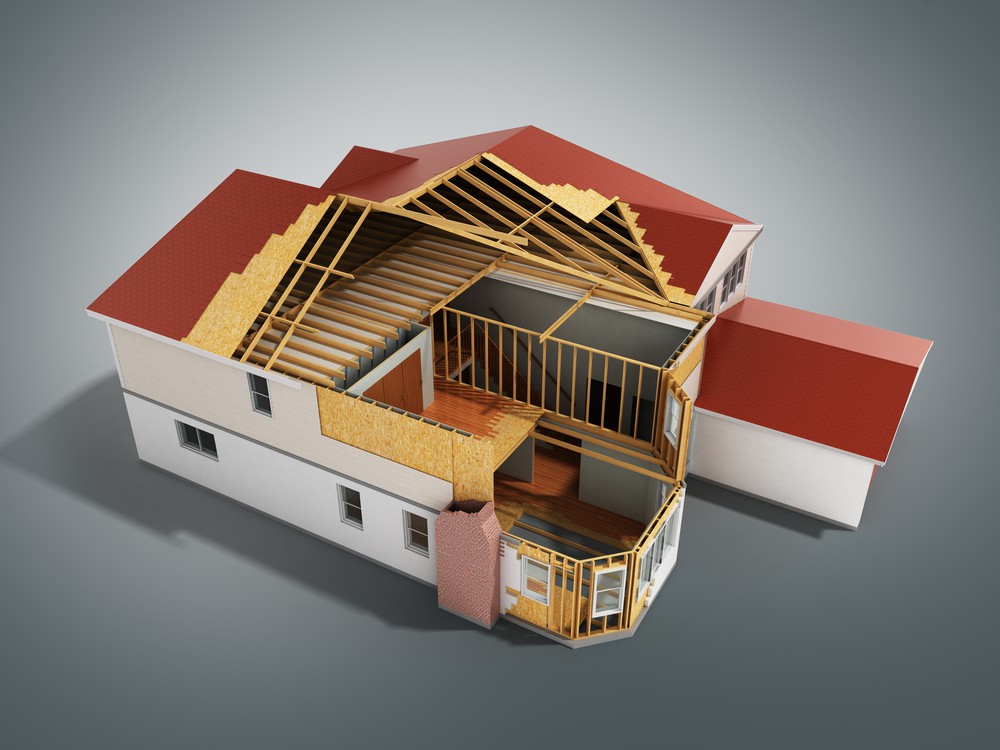
The property market is innovating to make use of new and emerging technologies. Source: Abscent/Shutterstock
3 Asian startups driving innovation in the proptech arena
PROPERTY technology (proptech) is among the sub-technologies of fintech – which by itself is one of the hottest areas in startups.
Fintech itself holds much promise, in terms of providing smooth and fast transactions. And the use of blockchain technology extends through areas like proptech and insurance tech, wherein the combination of transparency and relatively frictionless transactions is geared toward making exchange of value easier.
Proptech involves different sectors, such as location-based services, finance, virtual tours, insurance and even security. This means it does not necessarily involve high-tech and data-driven technologies to be effective. Today, users can take advantage of even simple technologies that make buying, selling, renting, or just viewing of properties much easier.
Immersive experience through VR tours
Augmented reality (AR) and virtual reality (VR) were touted to be among the hottest tech sectors last year, although the technology did not gain much traction yet.
Perhaps Pokemon GO – with its heavy use of AR technologies – was just the beginning. The property market, with its heavy need for tours and previews, might just be one of the biggest beneficiaries in this space.
Several startups have explored the use of AR and VR to give prospective clients a tour of their listed properties without even leaving the premises.
Philippines-based Zipmatch is one such company, and it has combined the use of digital imagery and an immersive experience to bring properties closer to its clients. It has amassed photos in its database, and with the use of 360 Goggles, home buyers can take a virtual tour of at least 300 properties around key cities in the country.
The main difference with Zipmatch is that it targets a B2B market, particularly realty companies and real estate agents. Through a reasonably-priced monthly plan, realtors can offer their clients the service, which gives the prospective buyer all the benefit of virtual tours without having to pay a cent.
SEE ALSO: Singapore’s PropertyGuru invests in biggest real estate platform in Vietnam
Bringing the magic of 3D models to hand-drawn prototypes

Source: Shutterstock/NosorogUA
Imagine automatically converting your drawings into three-dimensional architectural designs. This is exactly what India-based startup Snaptrude does. Its platform lets users take a snapshot of any hand-drawn floor plan, and it will convert the design into a 3D mockup without the need for an expensive CAD application and CAD skills.
What’s more, Snaptrude has amassed materials and labor prices in its database, and it will automatically compute for costings based on the estimated materials needed to complete the design and build the property development.
This takes the guesswork out of the construction business, and both prospective homeowners and contractors alike can have an easier time managing their costs and expenses.
In addition, Snaptrude provides support for VR headgear, which lets users go through a virutal tour of their planned property, even before it is built. Apart from its main target market in India, the company has garnered enough interest in the US and Europe to expand its market there.
3D house printing just around the corner
3D printing may be considered by some to be a fad. But for a Chinese startup called WinSun, 3D may be the best solution for the property market.
In 2014, the company claims to have built 10 houses in 24 hours through 3D printing. In 2015, the company built a five-story apartment complex and a 1,100 sqm villa at Suzhou Industrial Park.
The process is done through large-scale 3D “printing” technology, and it is said to save between 30 to 60 percent of construction waste. 3D printing of properties can also potentially cut labor costs and production times by at least half.
Such construction technology can also help the environment by using recycled materials and reducing dependence on quarrying.
SEE ALSO: Innovative computer-aided design software for productive companies
The takeaway
The future of proptech is here and now. While smart contracts and frictionless transactions are coming to fruition through innovative and disruptive startups that aim to leverage blockchain and cryptocurrency tech in financial transactions, we can bank on other disruptions in the real estate industry, in order to gain the cost, efficiency, safety and other benefits offered by such innovations.
READ MORE
- Strategies for Democratizing GenAI
- The criticality of endpoint management in cybersecurity and operations
- Ethical AI: The renewed importance of safeguarding data and customer privacy in Generative AI applications
- How Japan balances AI-driven opportunities with cybersecurity needs
- Deploying SASE: Benchmarking your approach
